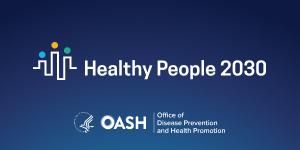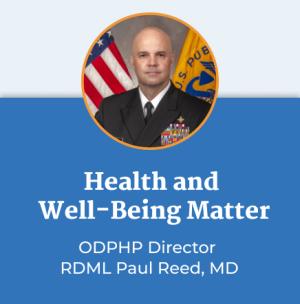Since 1980, the Healthy People initiative has set measurable objectives to improve the health and well-being of people nationwide. At the beginning of every decade, we launch a new iteration of the initiative that addresses the latest public health priorities and challenges.
Healthy People 2030 is the initiative’s fifth iteration.

